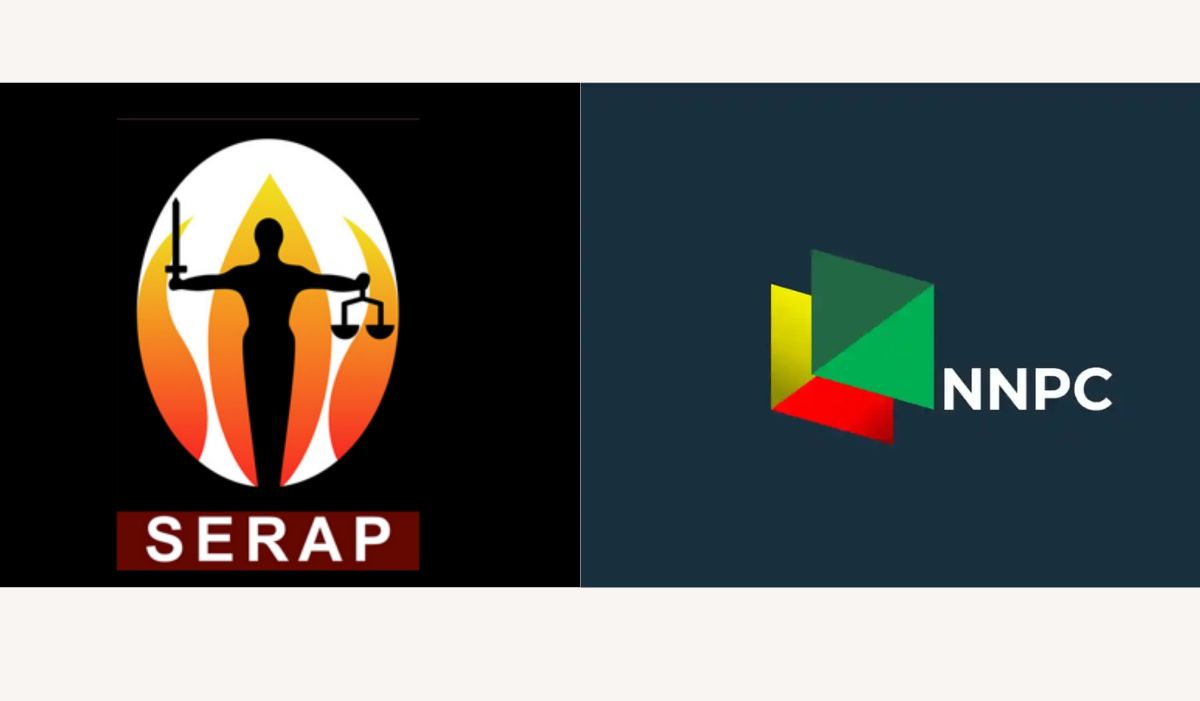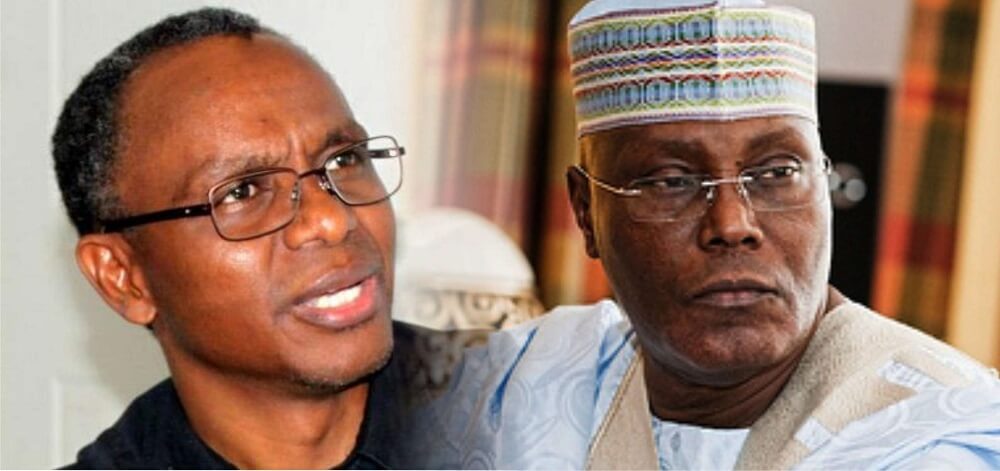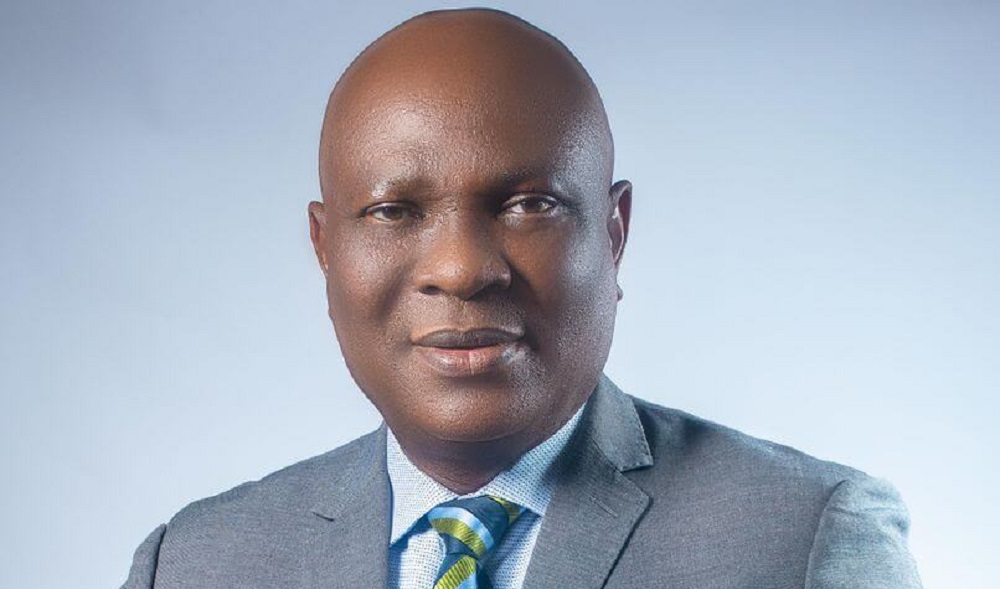SERAP Demands Accountability for Missing N500 Billion from NNPCL

The Socio-Economic Rights and Accountability Project (SERAP) has formally requested that Bayo Bashir Ojulari, the newly appointed Group Chief Executive Officer of the Nigerian National Petroleum Company Limited (NNPCL), provide a comprehensive account of approximately N500 billion in allegedly unremitted funds to the Federation Account during the final quarter of 2024.
SERAP’s demands extend beyond a mere explanation, as the organisation has called upon Ojulari to facilitate investigations by both the Economic and Financial Crimes Commission (EFCC) and the Independent Corrupt Practices and Other Related Offences Commission (ICPC) to trace the missing funds and ensure their complete recovery and proper remittance.
These demands stem from recent World Bank revelations indicating a significant shortfall in NNPCL’s remittances. According to the international financial institution, while the NNPCL generated N1.1 trillion from crude oil sales and additional revenue streams throughout 2024, only N600 billion was remitted to the Federation Account, creating an unexplained gap of N500 billion.
Through a Freedom of Information Act petition dated May 17, 2025, and bearing the signature of SERAP’s Deputy Director, Kolawole Oluwadare, the organisation has made specific demands of the NNPCL leadership. The petition requires Ojulari to “identify those suspected to be involved, surcharge them for the full amount involved, and hand them over to the Independent Corrupt Practices and Other Related Offences Commission (ICPC) and the Economic and Financial Crimes Commission (EFCC) for investigation and prosecution.”
SERAP emphasised the critical nature of this matter, declaring that “there is a legitimate public interest in explaining the whereabouts of the alleged missing N500 billion oil money and grave violations of the Nigerian Constitution 1999 [as amended].”
The organisation further stressed that “the country’s oil wealth ought to be used solely for the benefit of the Nigerian people, and the sake of the present and future generations.” It highlighted citizens’ fundamental right to understand “why the NNPCL failed to remit the subsidy removal savings to the Federation Account, and why the NNPCL is deliberately denying states and local governments their allocations from the Account, contrary to the provisions of the Nigerian Constitution 1999 [as amended].”
The consequences of these missing funds on Nigerian citizens were clearly articulated in SERAP’s letter, which stated: “Nigerians continue to bear the brunt of these missing public funds from the NNPCL meant for the economic development of the country.”
With a clear seven-day deadline established, SERAP warned: “If we have not heard from you by then, SERAP shall consider appropriate legal actions to compel the NNPCL to comply with our requests in the public interest.”
The organisation characterised this revenue shortfall as evidence of “a failure of NNPCL accountability more generally and is directly linked to the institution’s continuing failure to uphold the principles of transparency and accountability.”
SERAP’s request draws authority from multiple legal frameworks, including the Nigerian Constitution, the Freedom of Information Act, and various anti-corruption statutes. The organisation emphasised “the principle that citizens should have access to information regarding the spending of their commonwealth.”
Additionally, SERAP referenced a recent Supreme Court decision that confirmed the Freedom of Information Act’s applicability to federal public records, specifically including those maintained by the NNPCL.
The organisation noted persistent concerns regarding the NNPCL’s financial transparency, observing that both the Auditor-General of the Federation and the Nigeria Extractive Industries Transparency Initiative (NEITI) have documented recurring instances of missing oil revenues from the corporation over several years.
According to SERAP’s assessment, “the failure by the NNPCL to remit the money to the Federation Account is a grave violation of the public trust and the provisions of the Nigerian Constitution, national anti-corruption laws, and the country’s obligations under the UN Convention against Corruption.”
The organisation believes that addressing corruption within Nigeria’s oil sector could significantly reduce poverty levels, improve citizens’ access to essential public services, and help the government fulfill its human rights and anti-corruption obligations.
SERAP specifically invoked constitutional provisions, particularly Section 15(5) and Section 13 of the Nigerian Constitution, which mandate public institutions to actively combat corruption and maintain constitutional standards.
The organisation argued that “explaining the spending details and whereabouts of the missing N500 billion public funds, identifying those suspected to be responsible, and ensuring that perpetrators are brought to justice and the full recovery of any missing public funds would serve the public interest and end the impunity of perpetrators.”
SERAP highlighted how these missing funds “have impeded Nigerians’ ability to enjoy their economic and social rights and denied them access to essential public goods and services, especially during the current cost-of-living crisis.”
The organisation warned that without complete recovery and proper remittance of the missing oil revenue, “the dire economic situation may worsen, and Nigerians will continue to be denied access to basic public goods and services.”




